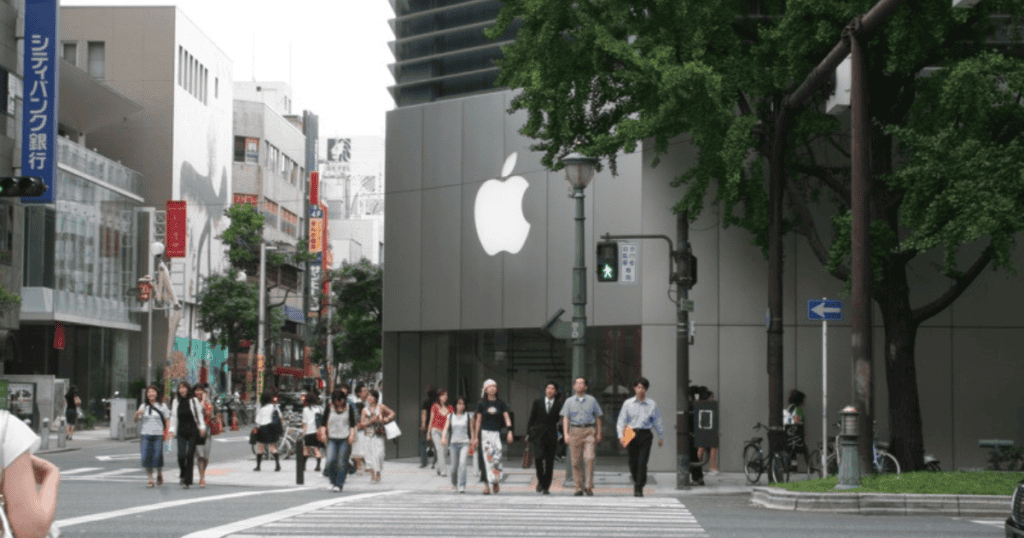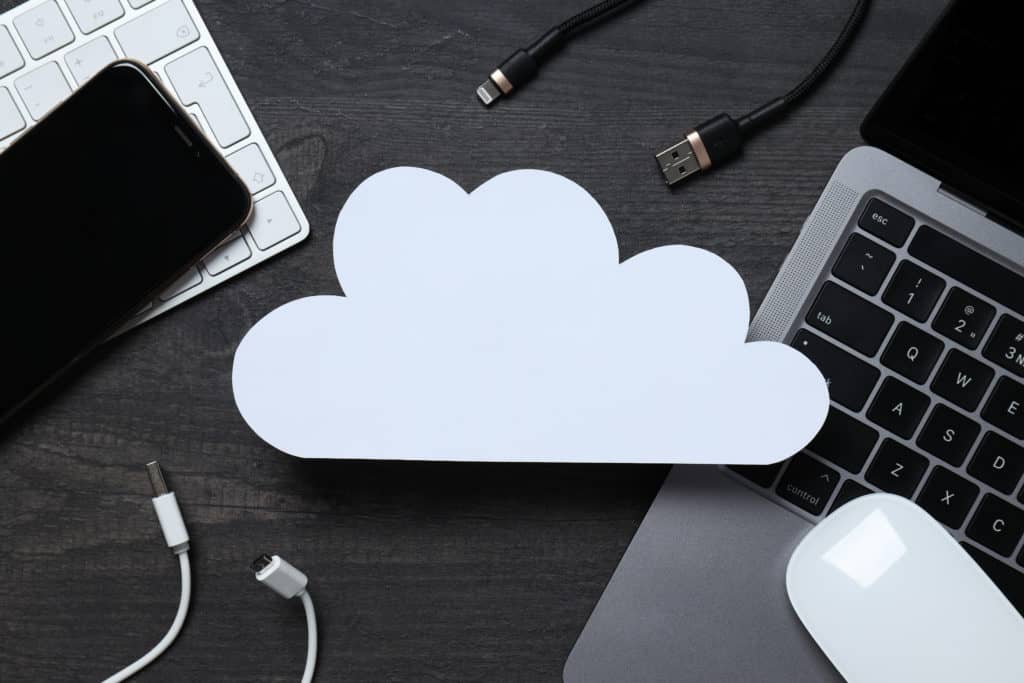In a significant move to foster competition in the smartphone market, the Japanese parliament has passed the Act on Promotion of Competition for Specified Smartphone Software. This new legislation compels Apple to allow access to third-party app stores and payment providers on devices running iOS. Passed by Japan’s upper house, the law will be enforced following Cabinet approval within the next eighteen months.
Key Provisions of the Legislation
Access to Third-Party App Stores
- Mandatory Inclusion: Apple must permit third-party app stores on its devices, mirroring similar regulations in the EU.
- Enhanced Developer Freedom: App developers will have the ability to use third-party payment services, offering them more flexibility in their business operations.
User Choice and Default Settings
- Choice Screens: The legislation requires new choice screens during device setup, allowing users to select default apps such as browsers.
- Prohibition on Preferential Treatment: Apple is forbidden from giving its own services preferential treatment in search results without a justifiable reason.
Data Usage and Access to Features
- Data Restrictions: Apple cannot use data acquired about competing software to benefit its own apps.
- Equal Access to Features: Third-party developers must have access to the same features as Apple’s own apps and services, including NFC for contactless payments.
Enforcement and Penalties
- Fines for Non-Compliance: Failure to comply with these regulations could lead to fines amounting to 20 percent of relevant turnover, increasing to 30 percent for repeat offenses.
Apple’s Response
In a statement to The Verge, Apple expressed concerns about the potential impact of the law on Japanese consumers and the security and privacy of the iPhone experience. Apple stated:
“The Japanese government made a number of changes to the legislation that will help protect user privacy, data security, innovation, and our intellectual property. We will continue our engagement with the JFTC during the implementation period as we remain concerned about how the law will impact Japanese consumers and the secure and private iPhone experience our users have come to expect.”
Global Context and Implications
Implementation Timeline
- Full Implementation: The law is expected to be fully implemented by the end of 2025.
- Industry Impact: Epic Games has announced plans to bring Fortnite and its game store platform to iOS in Japan by late 2025, reflecting the industry’s quick adaptation to the new regulatory environment.
International Trends
- EU and UK Regulations: Japan’s legislation aligns with global trends, such as the European Union’s Digital Markets Act (DMA) and the UK’s Digital Markets, Competition and Consumers Bill, which aim to regulate the dominance of major tech companies.
- Antitrust Actions in the US: Similar antitrust cases in the United States are targeting issues of monopolistic practices and fostering competition.
Key Features of the Legislation
- Third-Party App Stores:
- Mandatory inclusion on iOS devices.
- Enhanced developer freedom with third-party payment services.
- User Choice and Default Settings:
- New choice screens during device setup.
- Prohibition on preferential treatment of Apple services.
- Data Usage and Access to Features:
- Restrictions on using data to benefit Apple’s own apps.
- Equal access to features like NFC for third-party developers.
- Enforcement and Penalties:
- Fines of 20% of relevant turnover for non-compliance.
- Increased fines up to 30% for repeat offenses.
MacReview Verdict
Japan’s new legislation marks a significant step towards increasing competition in the smartphone market by mandating access to third-party app stores and payment providers on iOS devices. These changes promise to enhance developer freedom and user choice, although concerns about security and privacy remain. As the global regulatory landscape evolves, Apple’s business practices and the broader tech industry will continue to adapt to these new competitive environments.




